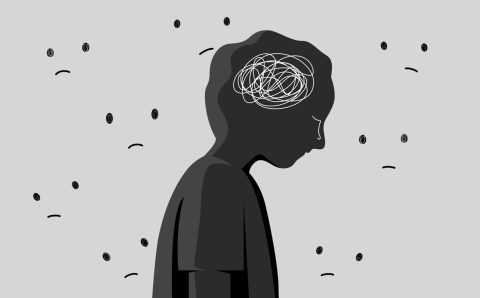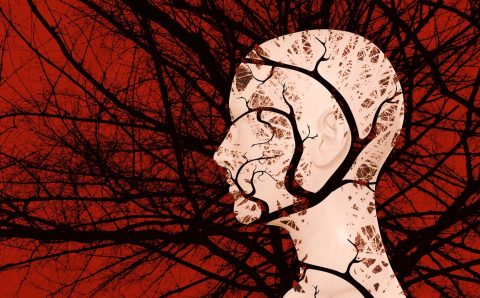Suicide Risk Assessment Skills Training: Full Day Workshop (Self-Study)
Suicide Risk Assessment Skills Training: Full Day Workshop (Self-Study)

KEY INFORMATION:
This course is being offered to all health professionals.
It is eligible for 6 CEUs for social workers through the NASW National CE Approval Program in 46 states
This course is also eligible for 6 CEUs for Licensed Social Workers, Licensed Mental Health Counselors, Credentialed Alcoholism and Substance Abuse Counselors (CASACs), and Psychologists in New York State
For more information about CEU approval, please click here.
Format: Self-Study Online Seminar
Introduction
Why would someone really want to die by suicide? Why do people really say they want to die by suicide? What are they not saying? And what is really at the root of the issue? We know that our patients and clients want the “pain” to stop, but what do they mean by “pain” and where is that pain actually coming from? When we screen and assess for suicide, what are we really listening for? And how do we intervene when there is the presence of suicidal ideations?
Despite all efforts around suicide, it has remained one of the 10 leading causes of death in the United States. Furthermore, research shows that those who die by suicide have seen a doctor in the last year. What is it that we are missing? What are we failing to understand, assess, and screen to truly address suicide?
This 6-CEU full day workshop on suicide risk assessment is an opportunity for you, clinicians, to have the tools you need to start doing things differently, and help your clients end their pain and suffering, so they can live lives filled with freedom, joy, and happiness.
What you’ll learn
At the end of this online seminar, you will have:
- Mastered the root causes of suicide, and learned how to identify and address them.
- Uncovered why people suffer to the point where suicide becomes the only perceived option.
- Learned the tools to help end suffering, leading to a significant decrease in the currently high rates of suicide.
- Increased your own insight, awareness, and consciousness, and learn how to navigate conversations about suicide differently.
- Received your certificates by email after your post-tests and evaluations are completed.
Course modules that will be covered:
- The Secrets and Soft Skills of Suicide Risk Assessment
- Suicide Risk Assessment: Principles to Master
- Techniques and Do’s and Don’ts of Suicide Risk Assessment
Please note: This is a Full Day Online Workshop where all three modules will be presented.
Who is this for?
This course is for any clinician invested in learning new or honing existing skills to be able to use in dynamic ways to support their patients and clients and to end suffering.
Here’s what attendees have been saying about SWEET seminars:
“Step by step explanation and peeling back the layers towards obtaining deeper understanding. This was a terrific discussion on suicide risk assessment. I felt that Karen chose a very specific focus and explored it well. I will digest and retain this better than too much information all at once.” – Michelle, LMSW
“How to discuss suicide with clients. This was the best webinar/training I’ve ever attended. The facilitator was able to engage us throughout. It was not boring at all. She made it very exciting. I enjoyed it so much that I didn’t want it to end.” – Deepali, LCSW
“I work in a community-based outpatient mental health center and came into the training with some fears about the increase in suicides in the community, especially since the pandemic. I left feeling more confident about talking about the subject, including saying the word, in a way that is different from the way I have been traditionally trained. ” – Sonia, LCSW
“I would [recommend to my colleagues] to facilitate new insights compared to the old way we’ve been taught to assess suicide. I’m just amazed by the fact that I can apply the tools given right away with clients and they work like a charm.” – Mimose, LCSW-R
“This is a comprehensive multi-faceted approach to the techniques of suicide risk assessment which are extremely helpful.” – Clare, LCSW-R






